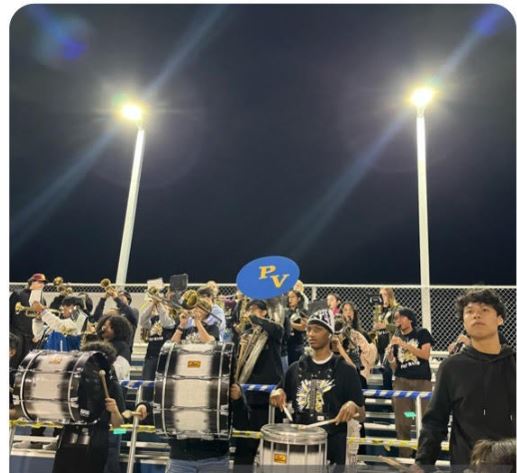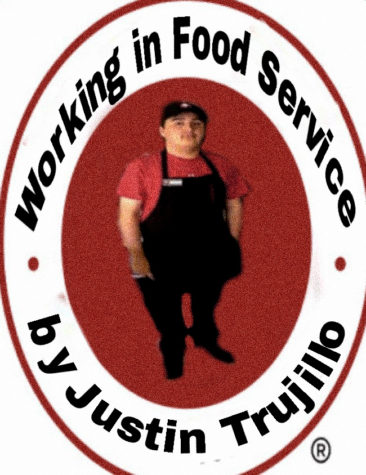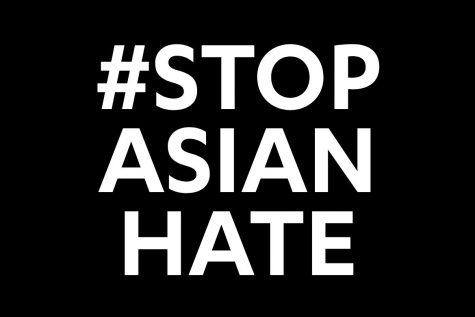The Lie of Consumerism: America’s Pointless Religion
This is another in a series of Guest Editorials written by Pinole Valley High School students.
We get off from school or our 9-5 just to come home and sit on the overpriced couches that we saw in magazines, turn on the lamp we found at Ikea, and watch the television that shows the ads for more things that we don’t need. Then suddenly we take a look around and see that we are in a house full of material possessions we thought we needed and that the happiness we thought those possessions gave us was a lie. Sparking the realization that everything you’ve been told to want doesn’t bring you true joy. That is the lie of consumerism, America’s new religion.
“The things you own end up owning you.” -Fight Club, 1999.
We are, by nature, products of our environment. Here we are taught to want. That is the American way, the American Dream. And it is slowly becoming our new religion.
But one might ask how this came to be. Well, the answer is simple… capitalism. Corporations will have us believe that what we have is who we are and that owning specific cars or items of clothing defines us and our social status. Which creates the craving for more and more, sending us on an eternal loop of consumption. We are so obsessed with tying our constant need for consumption to our identity that it has become our new religion. This craving for more has gotten so severe that we have almost a literal holiday for shopping much as we would for religion, i.e. Black Friday. And not only that but the meaning of many American holidays is starting to be found in consumerism. As of right now Christmas, Mother’s Day, Father’s Day, and even Easter are heavily tied to material goods. We place so much value and importance on material possessions that they have become the way we show people we care. We treat consumerism much like we would a religion except the spiritual fulfillment and deep emotional connections are replaced by the unquenchable and superficial thirst for possessions.
In a world where society says that we have to buy to feel happy, our identities can be found more in our material possessions. Just like we are what we eat, we are slowly becoming what we buy. When shopping we look for things that define us as individuals, and we are able to tell what a person is like just based on the furniture they have or the clothes they wear. We can make a guess about the type of music they listen to or what their hobbies are. Despite consumerist norms and what corporations would have us believe, we are not our possessions. If we were to lose every material possession that we own, at the end of the day we would still be who we are deep down. I am still me and you are still you.
“It’s time for you to look inward and begin asking yourself the big question. Who are you and what do you want?”– Avatar: The Last Airbender, 2005.
I too am a victim of consumerism. However, I don’t think that it is necessarily a bad thing, as consumerism itself is not inherently evil. Both capitalism and consumerism aren’t necessarily bad, but as in all things, moderation is key. While consumerism can often provide a transitory feeling of comfort or joy through the material possessions we own or work to create, there has to be a balance in order to prevent our constant need for consumption from consuming us. We give our own lives a purpose; not anyone or any thing else can do that.












Janice Lombardi • Nov 29, 2021 at 9:19 am
Thank you! Enjoyed your article, Diego!